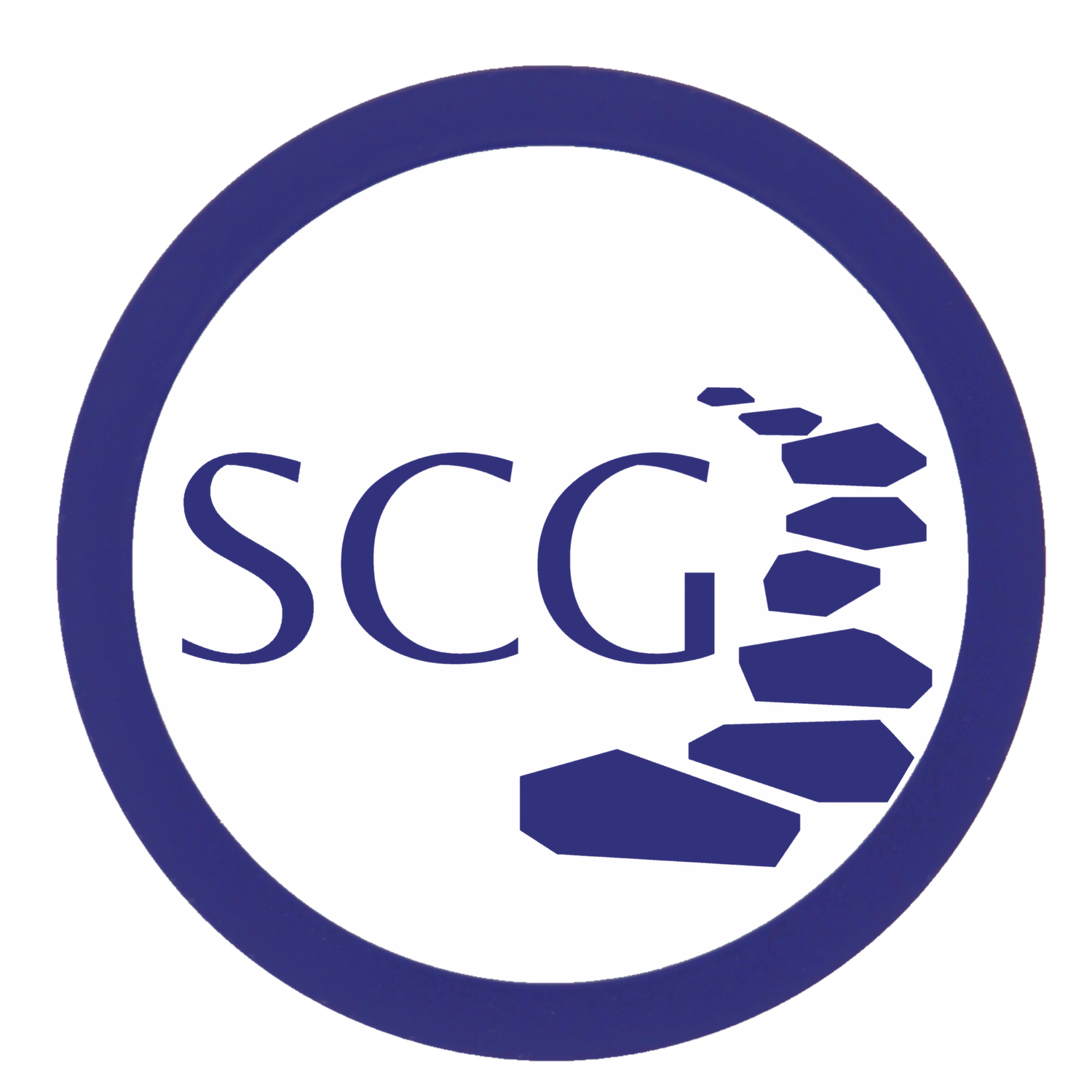ADHD Awareness Month
By Sydney Jenkins, MSSA, LCSW
October is ADHD Awareness Month and a time to raise awareness about a condition that affects millions of children and adults around the world. Attention-Deficit/Hyperactivity Disorder (ADHD) is a neurodevelopmental disorder that is characterized by symptoms such as inattention, hyperactivity, and impulsivity. ADHD can significantly impact daily functioning, relationships, and academic performance. It is important to recognize that ADHD is not simply a childhood disorder; many individuals carry these symptoms into adulthood and face challenges in maintaining focus, organizing tasks, managing time, and regulating emotions. ADHD is divided into three diagnoses: predominantly inattentive (what used to be referred to as ADD), predominantly hyperactive-impulsive, and combined presentation.
The exact causes of ADHD are not fully understood, but research suggests a combination of genetic, neurological, and environmental factors. Misconceptions surrounding ADHD often lead to stigma, with some viewing it as a lack of discipline or “laziness” rather than a legitimate mental health disorder. This misunderstanding can hinder individuals from seeking help that they need and worsen an individual’s mental health symptoms such as depression, anxiety, emotional dysregulation and suicidal ideation. ADHD is most often treated with a combination of behavior therapy, medication and lifestyle changes. Early diagnosis and intervention can lead to more effective management of symptoms.
Together, we can work to help break the stigma, promote empathy, and ensure that everyone affected by ADHD receives the recognition and resources they deserve. To learn more about ADHD and hear from experts as well as individuals with ADHD, please visit the resources listed below.
Resources
U.S Centers for Disease Control and Prevention (CDC)
Children and Adults with Attention-Deficit/Hyperactivity Disorder (CHADD)
